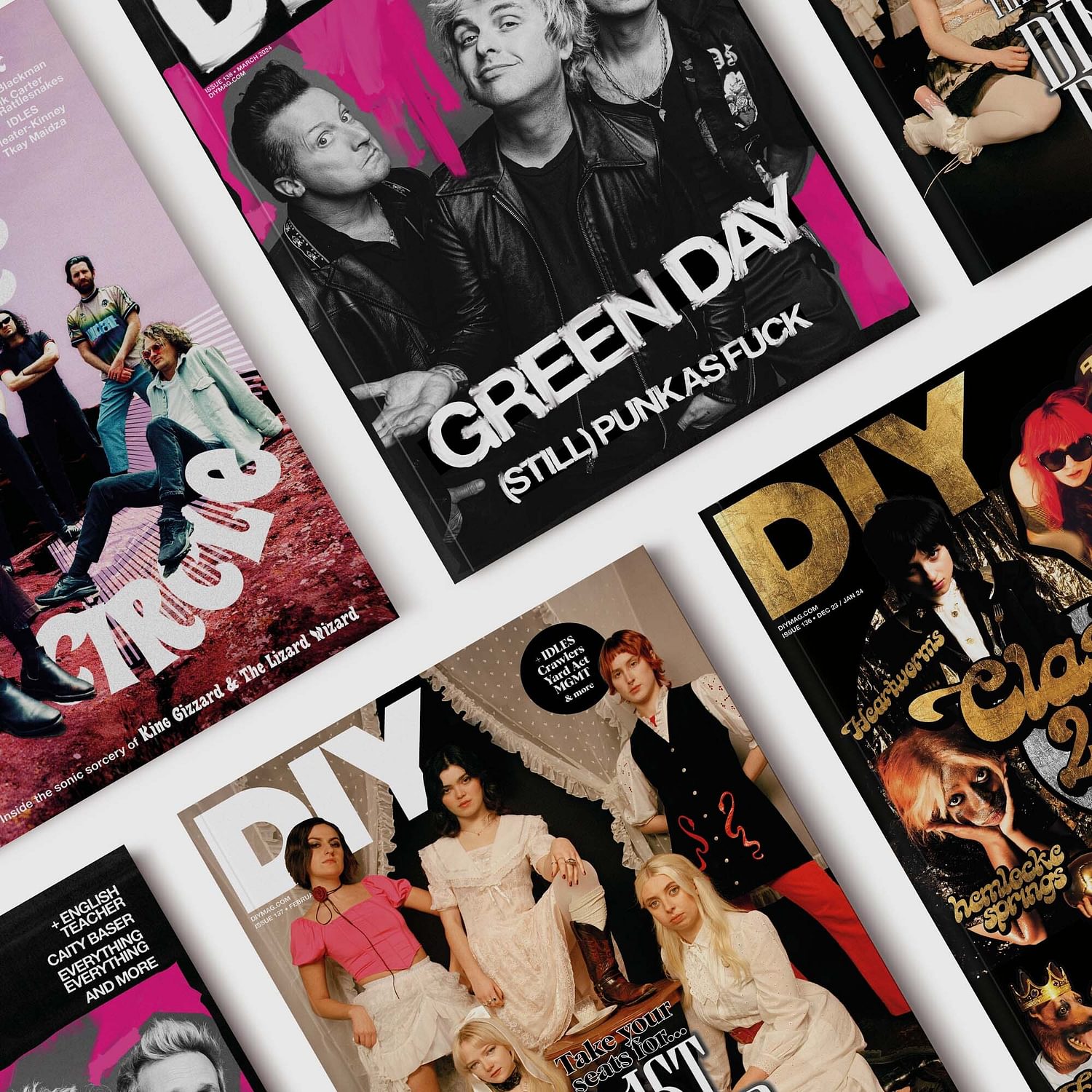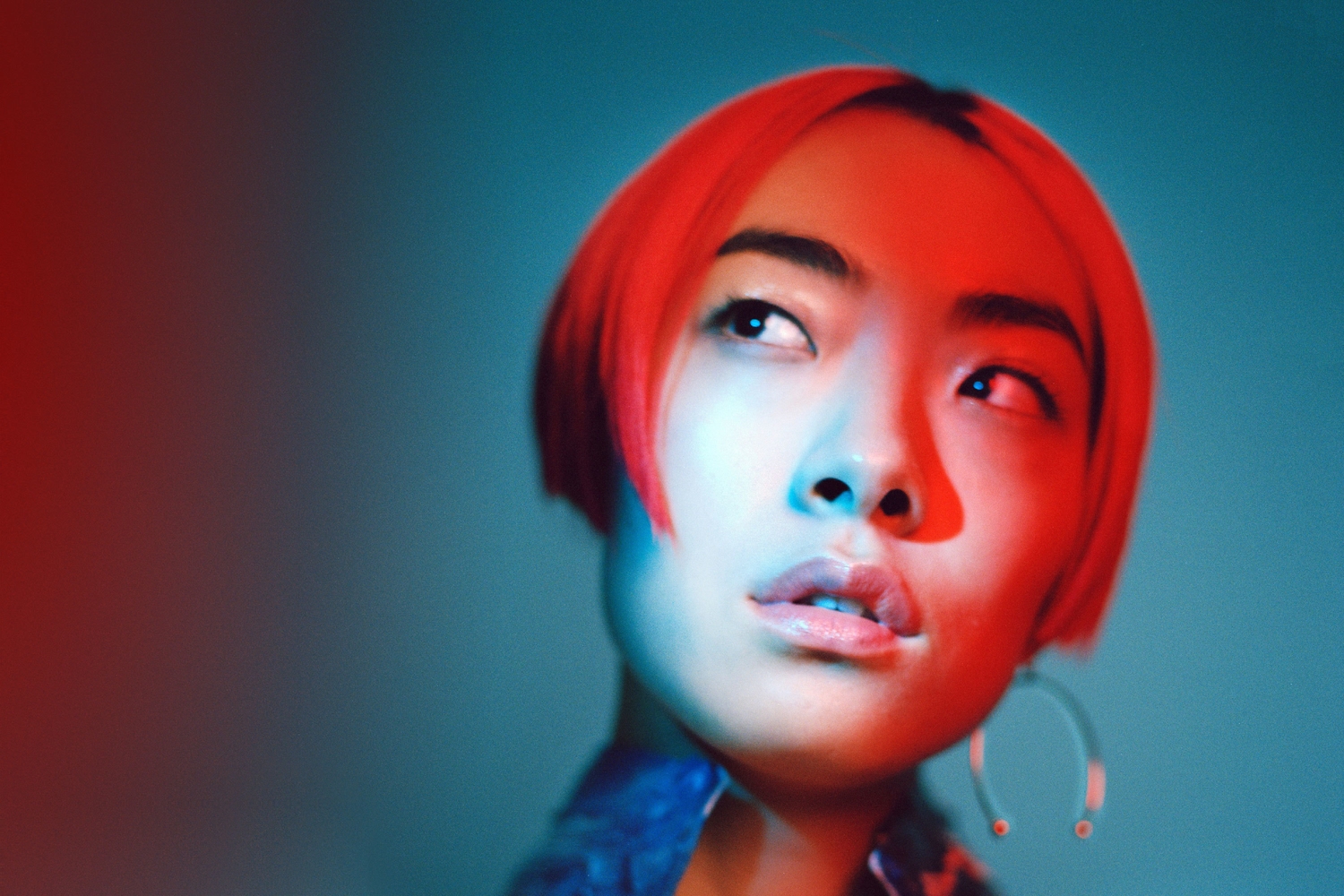
Interview Ordinary Superstar: Rina Sawayama
Tacking social media, technology, sexuality and mental health in 2018, Rina Sawayama is becoming a real voice for the new generation.
There’s a song on Rina Sawayama’s 2017 mini-album ‘RINA’ where she muses about love, anxiety and loneliness in the digital age. “Came here on my own, party on my phone…” she sings on ‘Cyber Stockholm Syndrome’, describing a night dressed up, spent conversing with someone online.
It’s this head-on approach to talking about the way we interact with technology that’s resonated with many of her fans, the affectionately-named Pixels. Like her, they’re barely able to remember a time where they didn’t have the ease of instantaneous communication, yet at the same time are uncomfortably aware of the distance it can create between them.
“I guess that no-one was really talking about social media [in music], so I sort of bought a couple of books, read through them, read articles, became kind of obsessed with the idea of how humans are reacting to social media,” she explains. “I can’t write about myself, so I write about other people and then make it academic.”
It’s moments like this that makes Rina’s music both simultaneously nostalgic and cuttingly of-the-moment. Describing herself as “obsessed” with “the emotion of Britney Spears and Max Martin’s early production,” her songs take a stab at the anxieties surrounding social media, technology, sexuality and mental health via the sounds of late ‘90s and early ‘00s pop and R&B. But, despite having arrived at such a seemingly-refined place with her sound, her route into music wasn’t exactly straightforward.
“I can’t write about myself, so I write about other people and then make it academic.”
Born in Niigata, Japan, Rina moved to London aged five, attending Japanese school in London until she was ten. Her education meant that as a child, she found herself mostly surrounded by ‘90s J-Pop, giving her “an inspiration source with Japanese music that noone else in the Western music world can really be inspired by authentically.”
Later, as a teenager at sixth form in north London, she was in band called Lazy Lion with Wolf Alice’s Theo Ellis and rapper Jelani Blackman, before finally arriving at a pop career via a degree in politics, psychology and sociology at Cambridge University and a successful career as a model, where she’s appeared in campaigns for the likes of adidas, Samsung, Versus Versace and H&M, among others.
“Music was always what I wanted to do, I just couldn’t figure out a way to make it happen… I just didn’t know what I wanted to sound like,” she explains of her roundabout route. A conversation with fellow online creative and friend, the Swedish artist and photographer Arvida Byström, helped her begin to figure it out. “Just becoming friends with her I realised in the most naive way that I can make art that’s inspired by my day-to-day around me.”
It’s this grounding in academia, filtered through everyday experience, which has allowed her to start to draw from her own personal experience when writing as well. On another track, ‘10 20 40’, she explores her experience with depression via the metaphor of driving a car in cruise control, trying to accept the fact that her emotions aren’t being completely controlled by herself. “[I was] just feeling really numb and being quite jaded that I couldn’t find something that would make me happy,” she says, explaining that the song’s title is a reference to the milligram dosages of prescription antidepressants. “It was important for me to talk about things that aren’t talked about in pop.”
On new single ‘Cherry’ - the next step on the way to her first full-length - Rina addresses an intimate moment locking eyes with another woman on the tube while on the way to the studio. “Down the subway, you looked my way, with your girl gaze, that was the day everything changed,” she sings over a twinkling synth.
“This is the first song that I’m kind of talking about my queer experience on…” she explains. “I just wanted to write a song that felt really honest to me about the shame that sometimes I feel about being queer. But it’s not about being ashamed or being shameful. It’s a song about shame whilst refusing to be ashamed.”
“When I was growing up I had a lot of shame around non-heterosexual, not relationships, but just any time it was brought up or any girl that I was getting with or whatever, there were would be a lot of shame on all sides,” she adds, hoping she can use her music to help others who might be going through similar experiences.
“I think that’s a problem with representation and if I can be a part of that solution by being part of this growing body of Asian LGBTQ people, then that’s great.”
Records, etc at

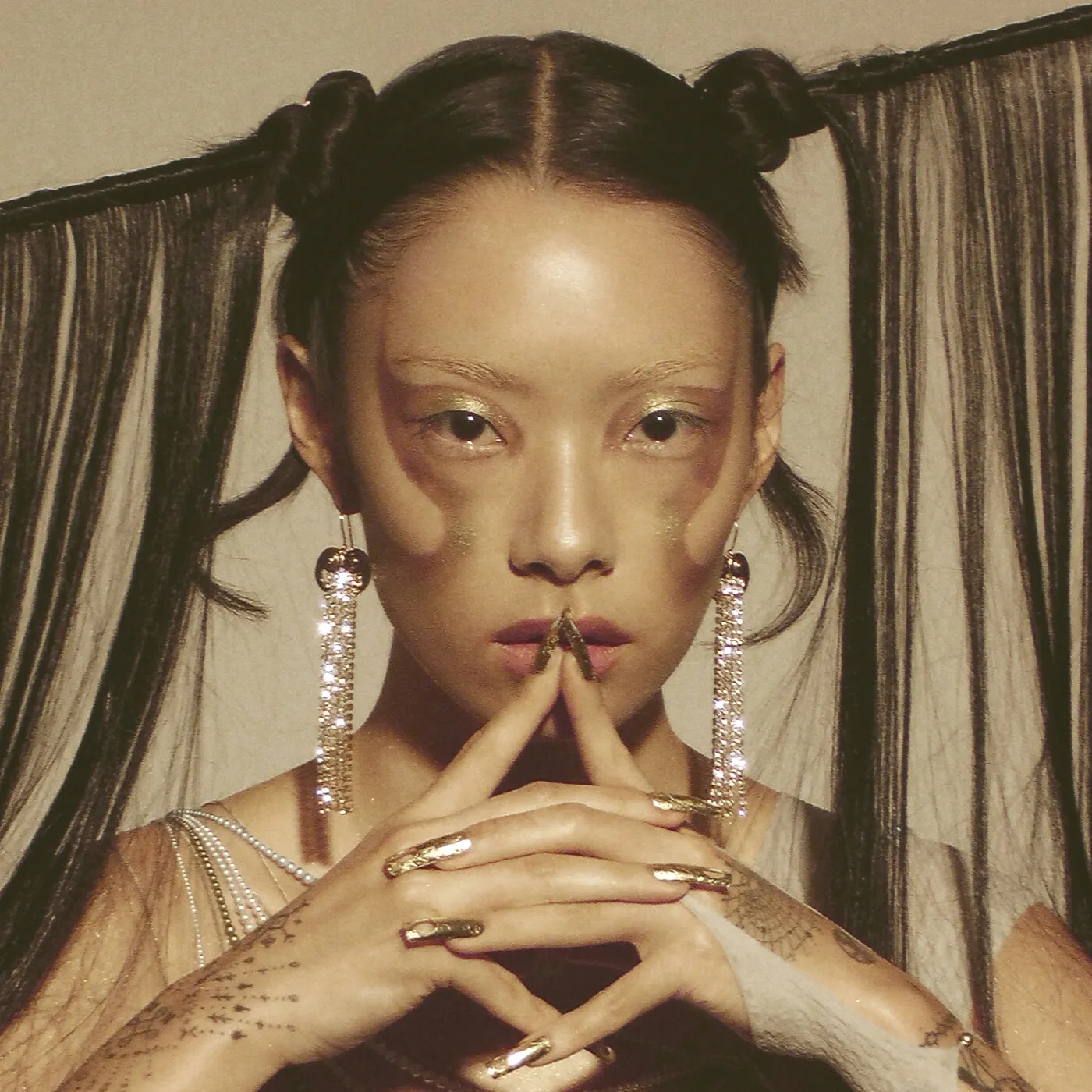
Rina Sawayama - Sawayama (Vinyl LP - gold)
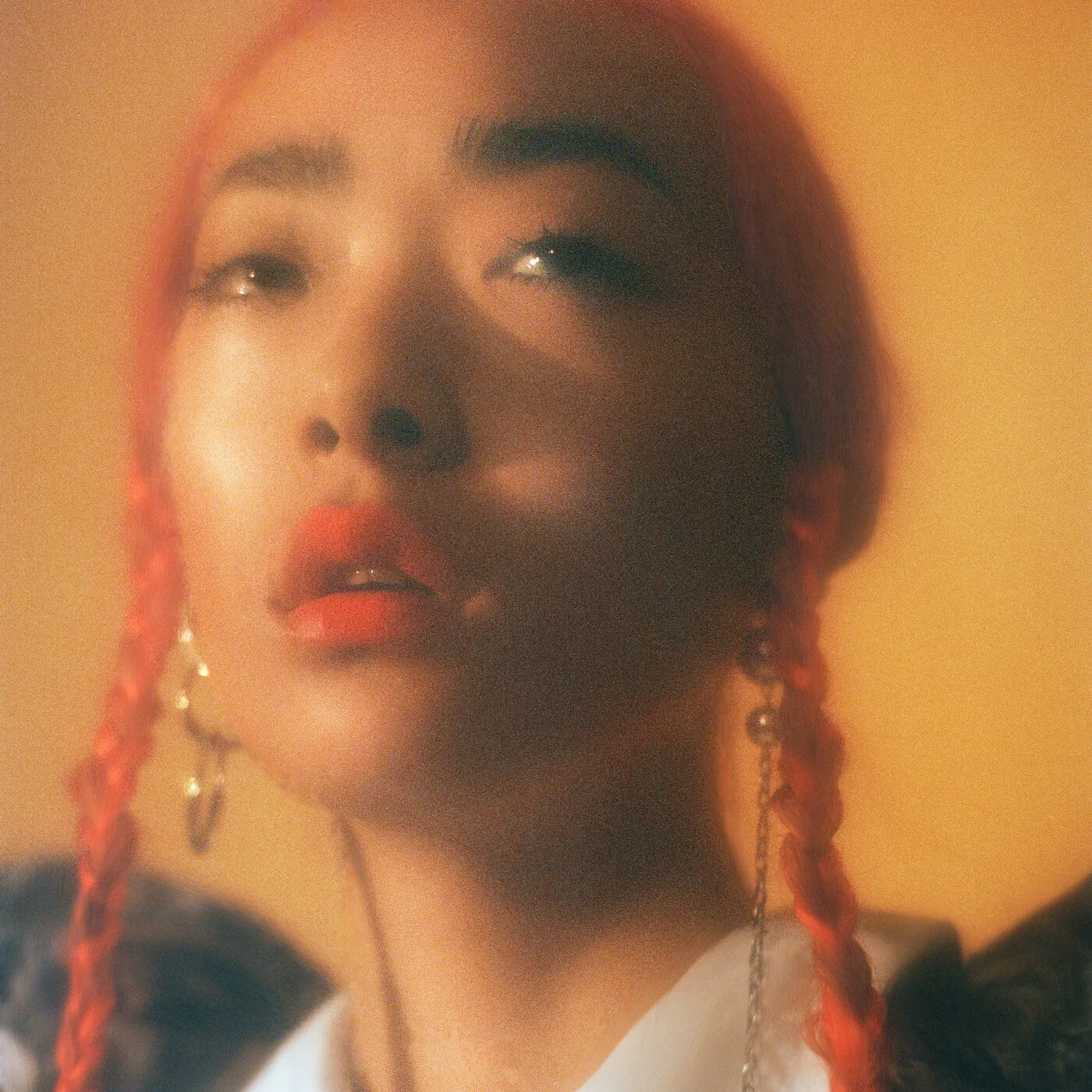
Rina Sawayama - RINA (Vinyl 12 - clear)
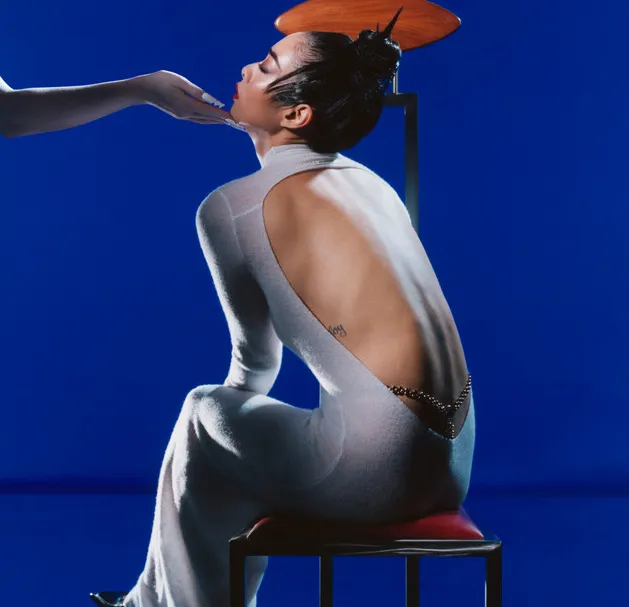
Rina Sawayama - Hold The Girl (Blue Cover) (Vinyl LP - blue)
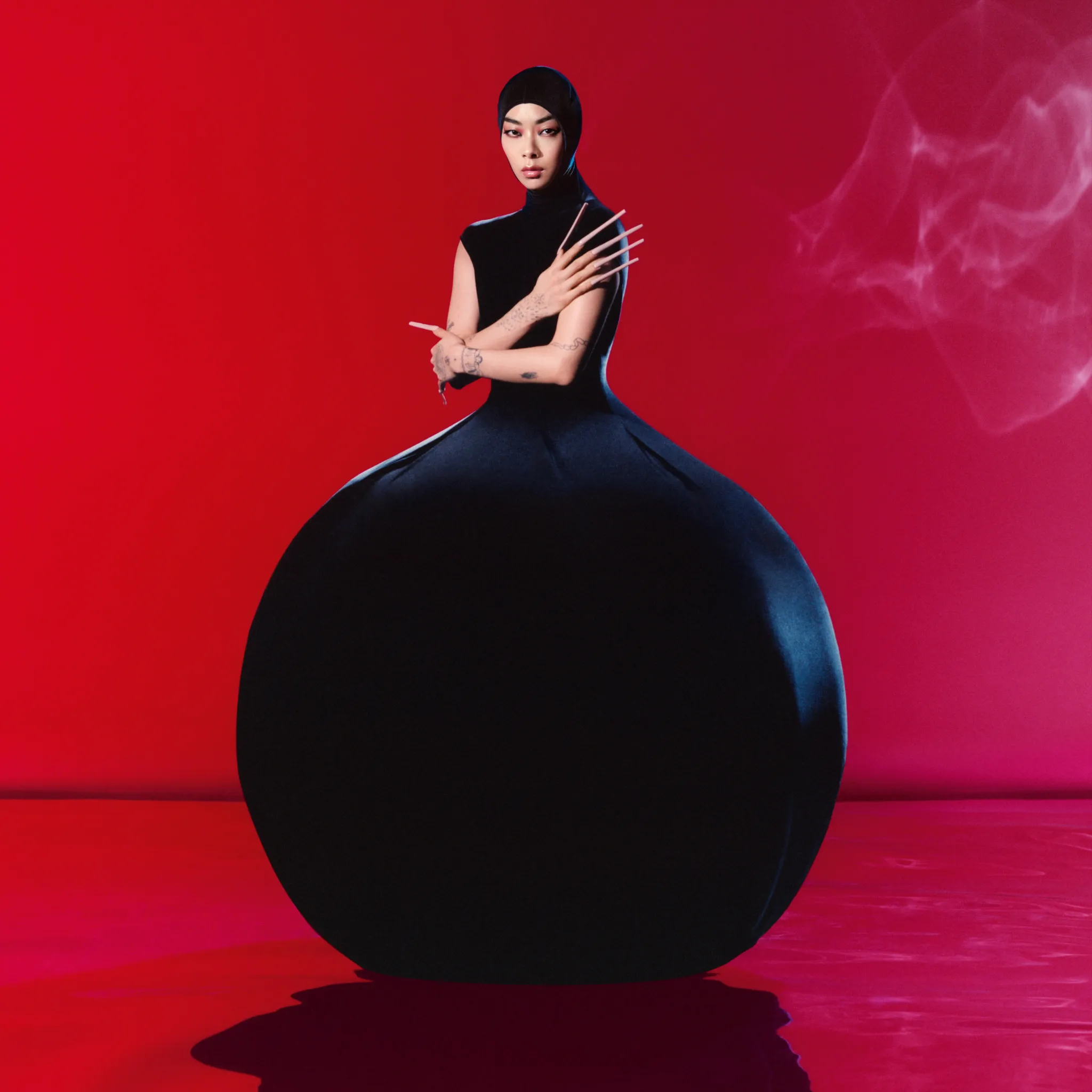
Rina Sawayama - Hold The Girl (Vinyl LP - red)

Rina Sawayama - Hold The Girl (Cd)
As featured in the September 2018 issue of DIY, out now.
Read More

Empress Of teams up with Rina Sawayama for new track ‘Kiss Me’
It’s her first new music since last year’s ‘Save Me’ EP.
26th September 2023, 10:21am
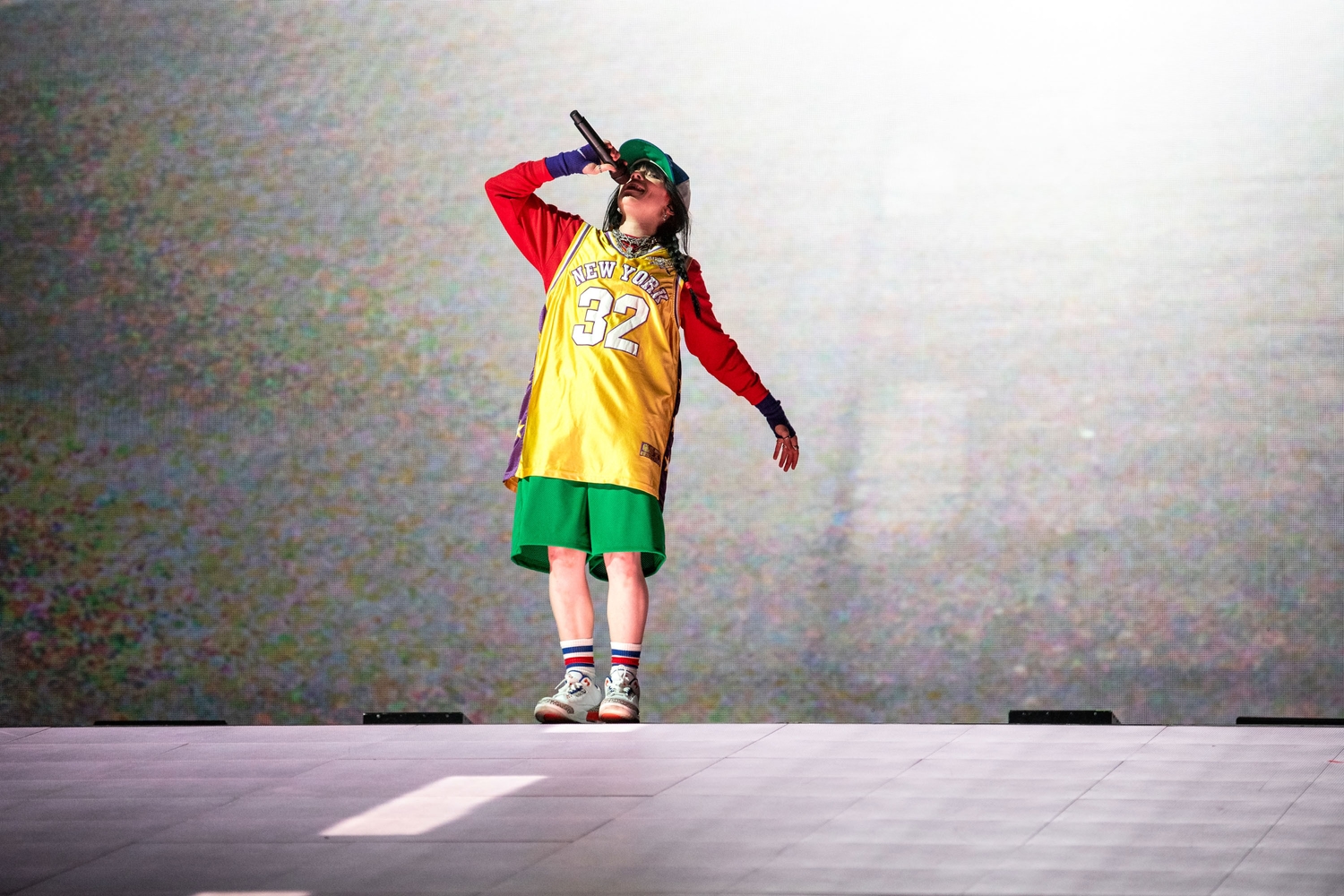
Same as it ever was: Billie Eilish, The Killers and Sam Fender bring singalongs (and fireworks) to Reading 2023
Yard Act kick off a weekend that also sees huge sets from Wet Leg and Declan McKenna, plus the return of SOFT PLAY.
30th August 2023, 1:36pm
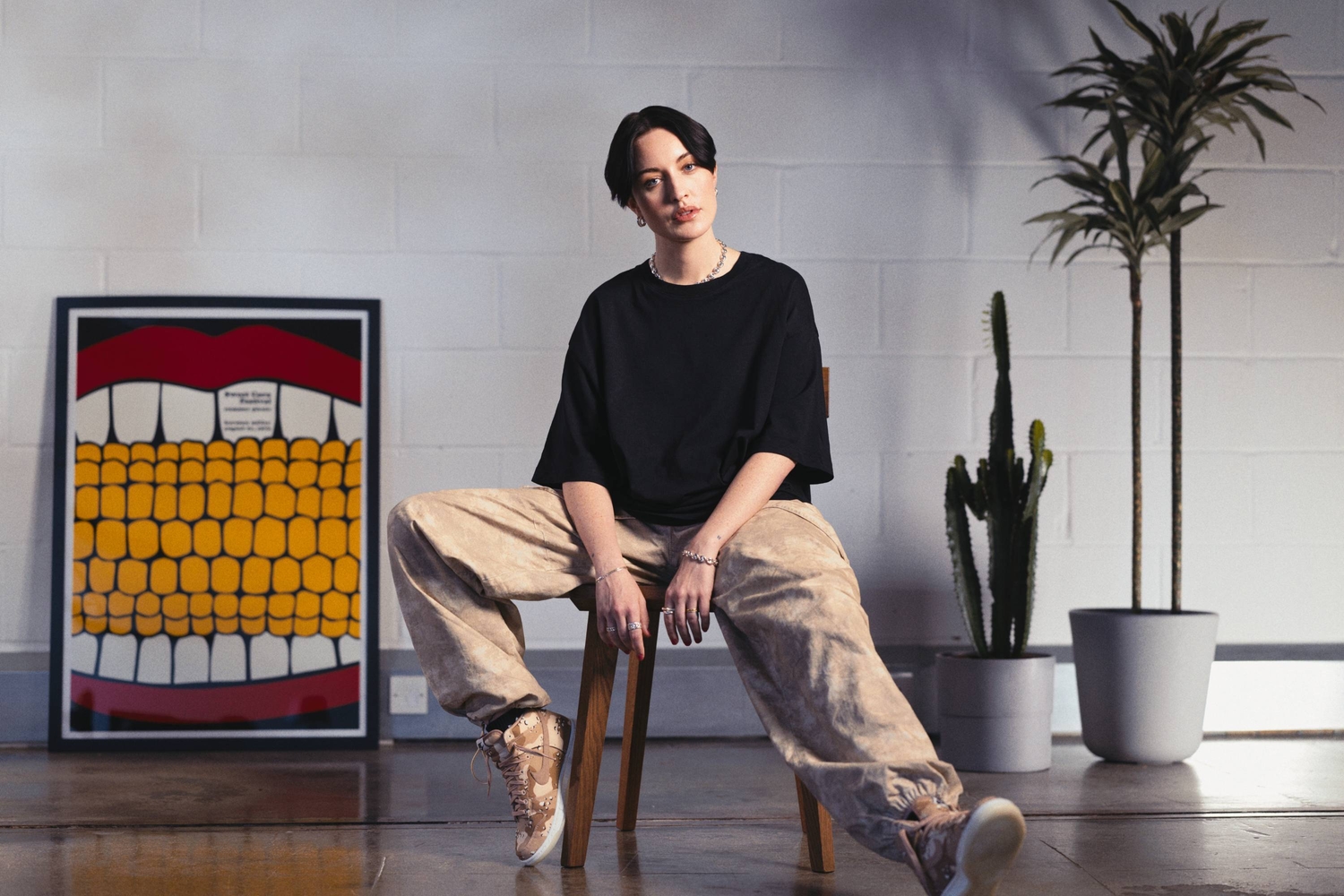
Amy Bowerman on Rina Sawayama’s 2023 Glastonbury set: “It felt like everything really clicked into place”
Rina Sawayama’s live shows are a spectacle to behold, bridging the gap between gig and performance art. We chatted to Amy Bowerman - her creative director and the mastermind behind her current festival set - about concepts, characters, and last minute change of plans.
17th July 2023, 1:28pm
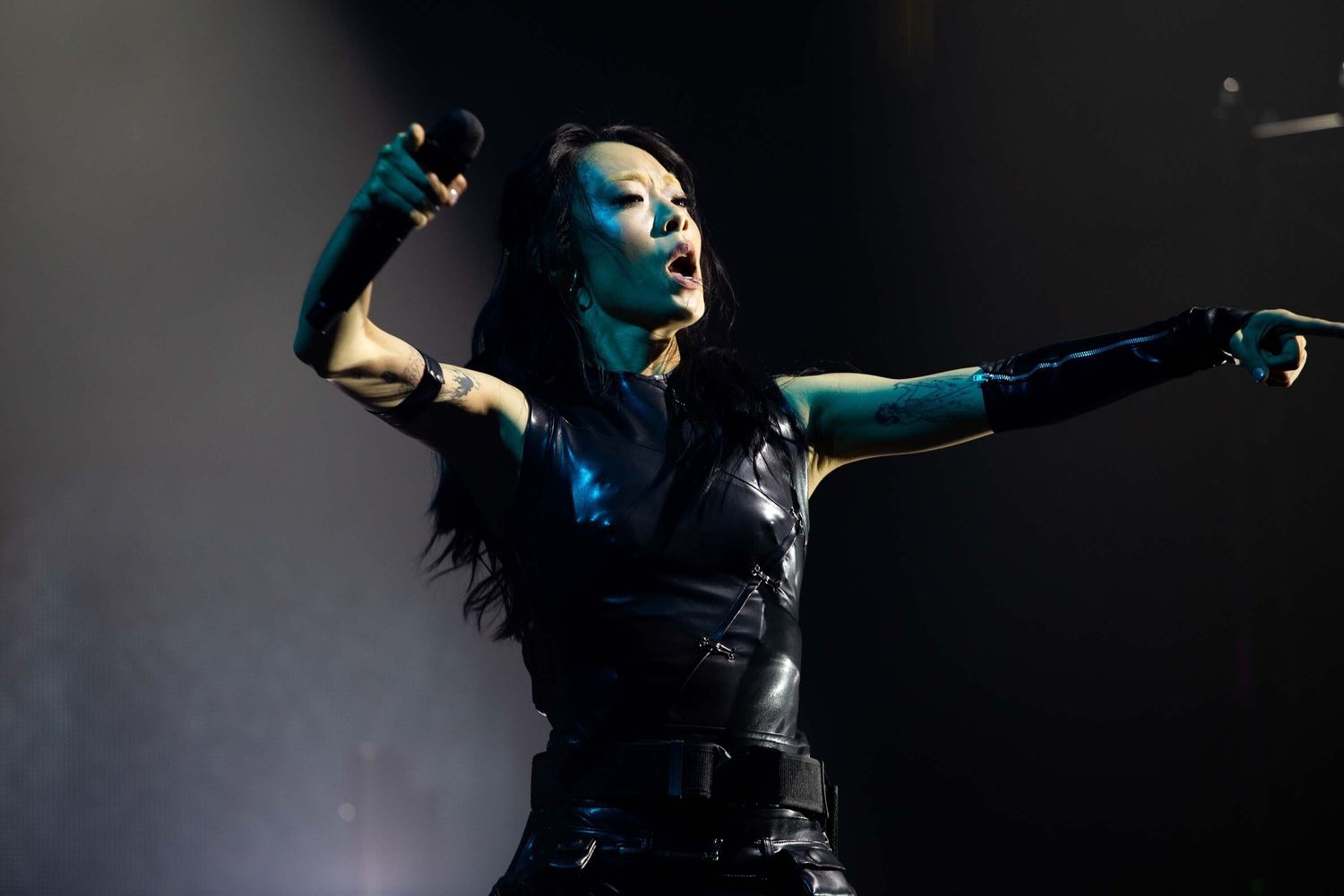
10 Most Memorable Moments of Glastonbury 2023
As post-Glasto blues set in, DIY round up some of the most conversation-starting, core-memory moments of this year’s party on Worthy Farm.
26th June 2023, 5:09pm
With Bob Vylan, St Vincent, girl in red, Lizzy McAlpine and more.
